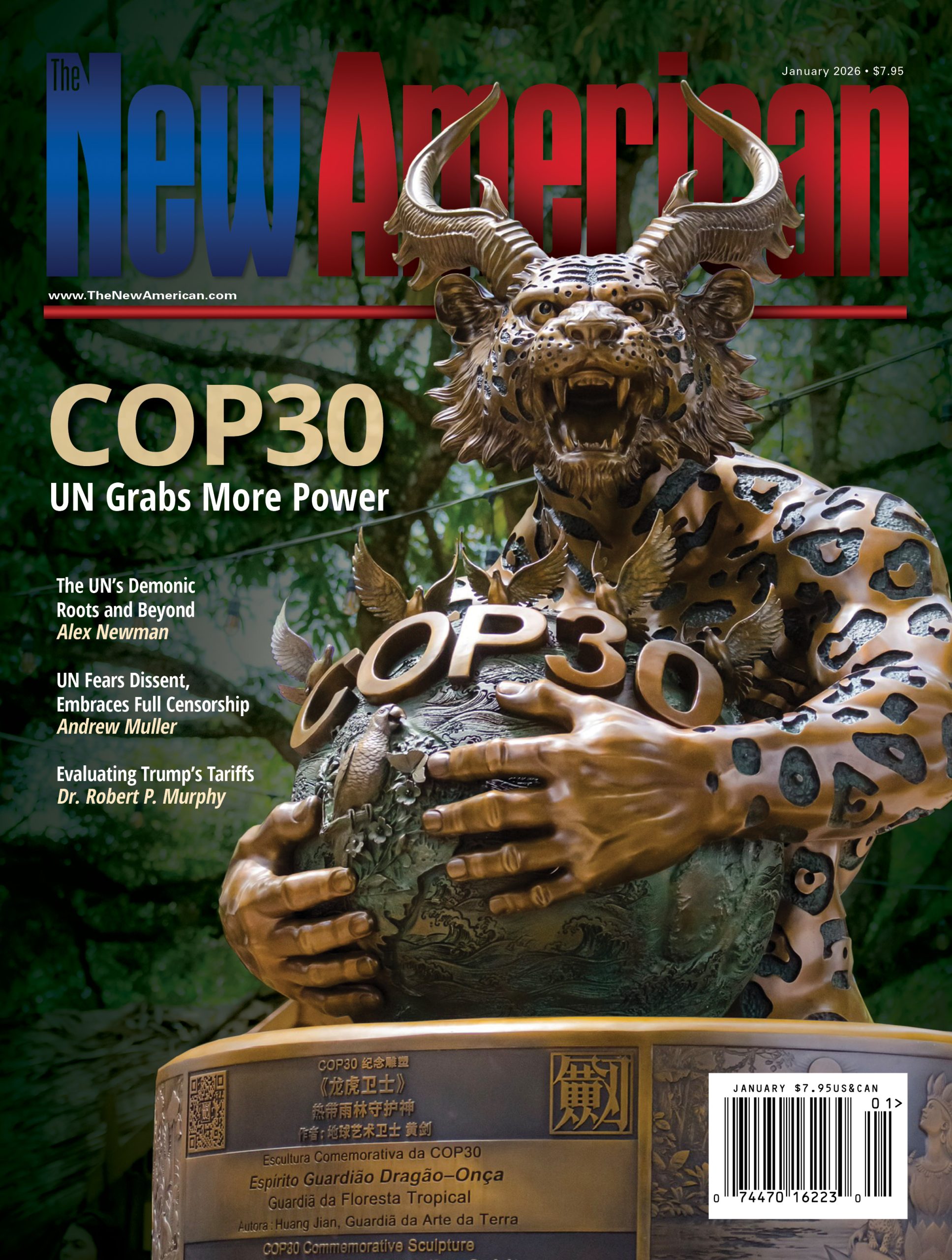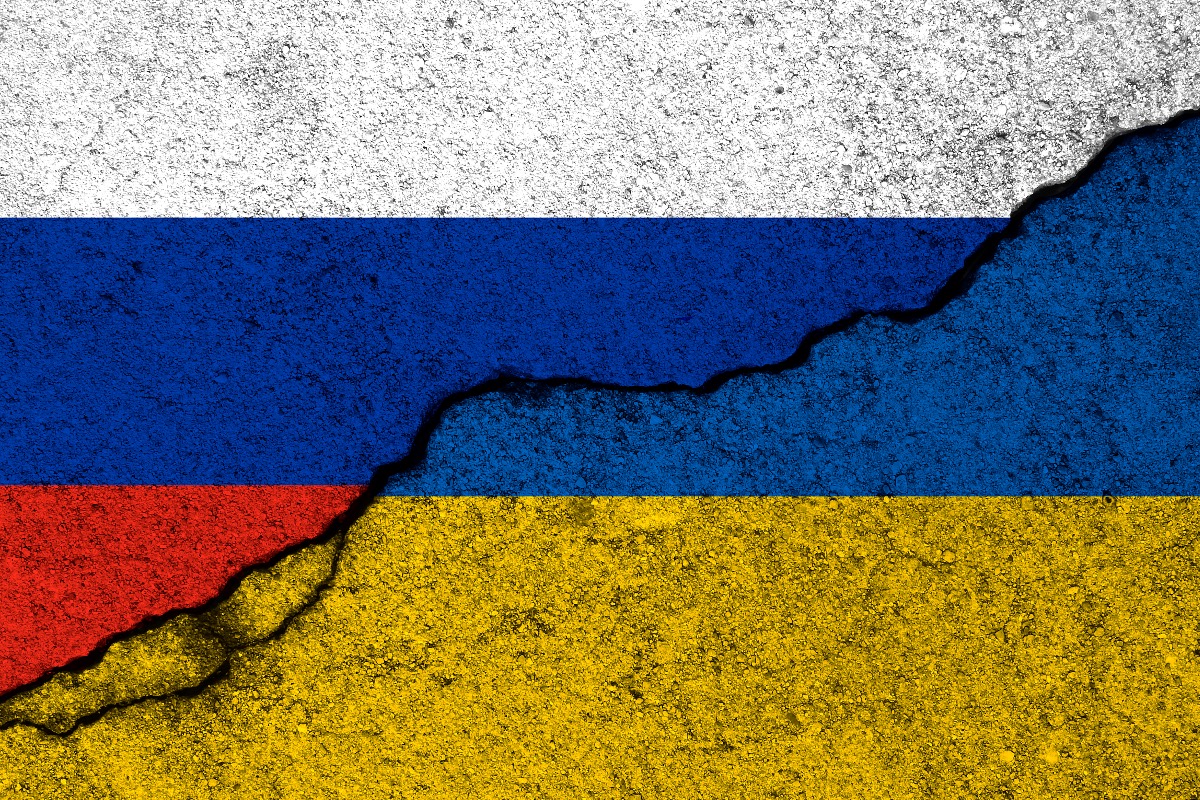
Germany’s Silencing of Islam Critics
Critics have said that the $51 million mega-mosque’s former name was quite telling. Originally called the “Center for Islam in Europe-Munich” and rumored to be oriented toward the radical Wahhabi Muslim sect, its opponents have alleged that it is “designed to be a key strategic platform for spreading Islam throughout Europe,” as the Gatestone Institute’s Soeren Kern put it in 2013. And the matter has inspired government surveillance.
Of the mosque’s critics.
And now a court in Bavaria has reaffirmed that such spying is lawful.
Moreover, a referendum that would have allowed local citizens to decide if the mosque should be constructed has been blocked by Munich city officials — even though twice the necessary number of signatures for the referendum to proceed were gathered.
That German agents would be monitoring critics of the Munich mega-mosque was announced in April of last year. As Kern reported at the time:
The Bavarian branch of Germany’s domestic intelligence agency, the Bundesamt für Verfassungsschutz (BfV), has placed under state surveillance German activists accused of fomenting hate against Muslims due to their opposition to the construction of a mega-mosque in Munich.
The move to silence critics of the mosque for being “unconstitutional” was announced by Bavarian Interior Minister Joachim Herrmann in a press conference on April 12, and represents an unprecedented threat to the exercise of free speech in post-reunification Germany.
Since this time, the mosque has been rebranded the “Munich Forum for Islam” in an effort to quell public concerns. Yet it appears this didn’t quite work, so authorities are using state machinery where slick marketing has failed. In fact, the court ruling against the anti-mosque activists, handed down on October 18 by the Administrative Court of Bavaria, “comes just days after another court in Bavaria ordered a leading anti-mosque campaigner to pay a hefty fine for ‘defaming’ Islam after he repeatedly warned that Islam is incompatible with democracy,” wrote Kern just this past Tuesday.
The targets of this government ire are “a citizen’s movement called Die Freiheit Bayern (Freedom Bavaria), as well as the Munich branch of a highly popular free speech blog called Politically Incorrect (PI), which focuses on topics related to immigration, multiculturalism and Islam in Germany,” reported Kern in 2013. He elaborated:
Members of Freedom Bavaria and PI (German equivalents to the American Tea Party movement, roughly speaking) are, according to Herrmann, “right-wing extremists who increasingly are establishing citizen’s initiatives, in order to attract the attention of German voters, under the guise of civil involvement. In this way they use, for example, the discussion about the construction of mosques to arouse, in an anti-constitutional way, prejudices against Muslims and Islam.”
Munich’s left-leaning mayor, Dieter Reiter, weighed in as well, claiming that allowing the referendum process to go forward would give the anti-mosque campaign “a democratic veneer, which we want to avoid.”
Not surprisingly, Munich Forum for Islam representatives agreed, issuing a preachy and condescending statement in which they encouraged citizens to accept the government diktat and wrote, “By stopping the vote from going ahead, the City Council is preventing your opinion from being abused by the anti-democratic goals of extremists.”
Of course, the pro-referendum activists see the matter differently. They assert that the government surveillance is intended to intimidate mosque opponents into silence. They also say, writes Kern, that “the recent actions show that the enforcers of multiculturalism in Bavaria have determined that the mosque project will proceed, even if it requires bypassing the democratic process, and that public opposition to the project will be silenced, even it if entails trampling on the constitutional right to free speech.”
And many would say that this is the point: While some may express sincere concerns about placing religious freedom at the mercy of majority vote, Germany does have a democratic process allowing for referenda. And that process is now being trumped — and not out of concern for religious freedom, critics say, but in deference to political correctness.
The referendum supporters also suspect that the Munich mosque is being funded by very undemocratic forces — namely, the Sharia-guided, petroleum-rich and potentate-ruled emirate of Qatar, which is constructing Wahhabist mega-mosques all across Europe. Wahhabism is the extremist sect of Islam that was embraced and advanced by feared terrorist Osama bin Laden.
But some would say that undemocratic forces might find a happy home in modern Germany. In making this case they could cite what befell the pro-referendum campaigner alluded to earlier, Freedom Bavaria leader Michael Stürzenberger; he was fined $3,200 — and could have received up to three years imprisonment — for “insulting and belittling Muslims and Islam,” which violates Germany’s hate-speech laws. Stürzenberger has frequently called Islam a “fascist political-religious system.” He also penned a 2013 blog post at PI in which he discussed Islamic persecution of non-Muslims. As Kern explained:
Stürzenberger included a quote from an Iranian exile whose brother was publicly lynched for converting to Christianity. “Islam is going to destroy Germany just as it has destroyed Persia,” the Iranian warned.
Concluding his blog post, Stürzenberger wrote: “Islam is like a cancer, which decomposes the (still) free peoples of this planet and gradually infects them with the poison of this extremely dangerous, intolerant, misogynistic, violent and power-hungry ideology.”
Hate-speech laws are common in the Western world, as The New American reported last Wednesday. Shocking examples of their application include a British retiree arrested for joking with airline security, “I’m not a Muslim, am I?”; an Australian parliamentarian fined $31,000 for criticizing Islam; and a UK politician arrested for, in part, quoting remarks about Islam originally made by famed statesman Winston Churchill. And the social climate reflected by hate-speech laws can itself be stifling. As journalist Ingrid Carlqvist put it when describing the possible consequences of questioning Islam and immigration in Sweden, “If they point at you and say you are a racist, then you will have no job, no career, you might lose your family. You will have no future.”
Meanwhile, in Muslim countries such as Saudi Arabia, Somalia, and Yemen, Christian evangelization is prohibited and converting from Islam is a crime — sometimes punishable by death.




